Fortnite streamer and the former “face of Twitch,” Tyler “Ninja” Blevins, has started a public conversation and debate with Twitch over the company’s use of his old channel. Ninja moved to Microsoft’s streaming platform Mixer and Twitch temporarily turned his channel into a promotional area where it advertised other Fortnite streams.
After a pornography stream appeared in that section, Ninja publicly called out Twitch for using his channel and brand without his consent and in a way that the platform has never used any other streamer’s inactive channel. He said he was working with his team to either take control back of his channel or legally have it taken down.
Twitch’s CEO apologized to him and said it was part of some “experimenting” that Twitch is doing to promote streamers on the platform on inactive channels.
But in the middle of this debate, some questions still have no answers. Can Twitch do what it did to Ninja’s channel or to any other streamer’s channel? Can Ninja legally complain about it?
Twitch’s Terms of Service
Some of the answers to this debate lie in Twitch’s Terms of Service. These are rules set by the company that all streamers have to abide by as soon as they create a channel and start streaming.
Many clauses in the ToS specify that content creators recognize that their Twitch channel is a license given to them by the company. It can be revoked at any time, for any reason, and Twitch has full rights over it to do anything it wants to it whenever. These clauses force streamers to reserve Twitch the right to fully control any content on its platform as you’d expect from a brand run by gigantic companies like Amazon.
Section 8a of the ToS says that Twitch has universally unrestricted use of any user content. It says that Twitch can:
- use, reproduce, modify, adapt, publish, translate, create derivative works from, distribute, perform and display such User Content (including without limitation for promoting and redistributing part or all of the Twitch Services (and derivative works thereof)) in any form, format, media or media channels now known or later developed or discovered;
- (b) use the name, identity, likeness, and voice (or other biographical information) that you submit in connection with such User Content.
Unless Ninja had another written agreement with Twitch that replaced the company’s standard Terms of Service, Twitch turning his channel into a promotional page for other Fortnite streamers is legal, and Ninja agreed to it as soon as he started streaming on the platform.
Ninja’s brand
But Ninja developed his brand while streaming on Twitch. He has his logo, which he used on his Twitch channel and carried over to Mixer, a visual identity, and maybe even his nickname is copyrighted as a brand.
When Twitch promoted other streamers on Ninja’s channel, it used his name and logo, which are probably registered under a company he owns to legally manage and represent his brand. If Ninja signed his contract with Twitch under his personal information instead of his company information, that means Twitch just has the right to use his creations for promotion. This could forbid Twitch from using any brands owned by Ninja as a company since the contract between them wouldn’t include such copyrights and branded materials.
With that, Ninja could say Twitch was illegally using his intellectual property.
But laws are much more complex than Terms of Service and theoretical contracts. This is the most simple scenario that allows us to understand a bit of what could be behind the legal relationship between Ninja and Twitch. But if Ninja brought such a case to the public, it’s likely that he knows what he’s doing and has a say in what Twitch can or can’t do with his content on that platform.



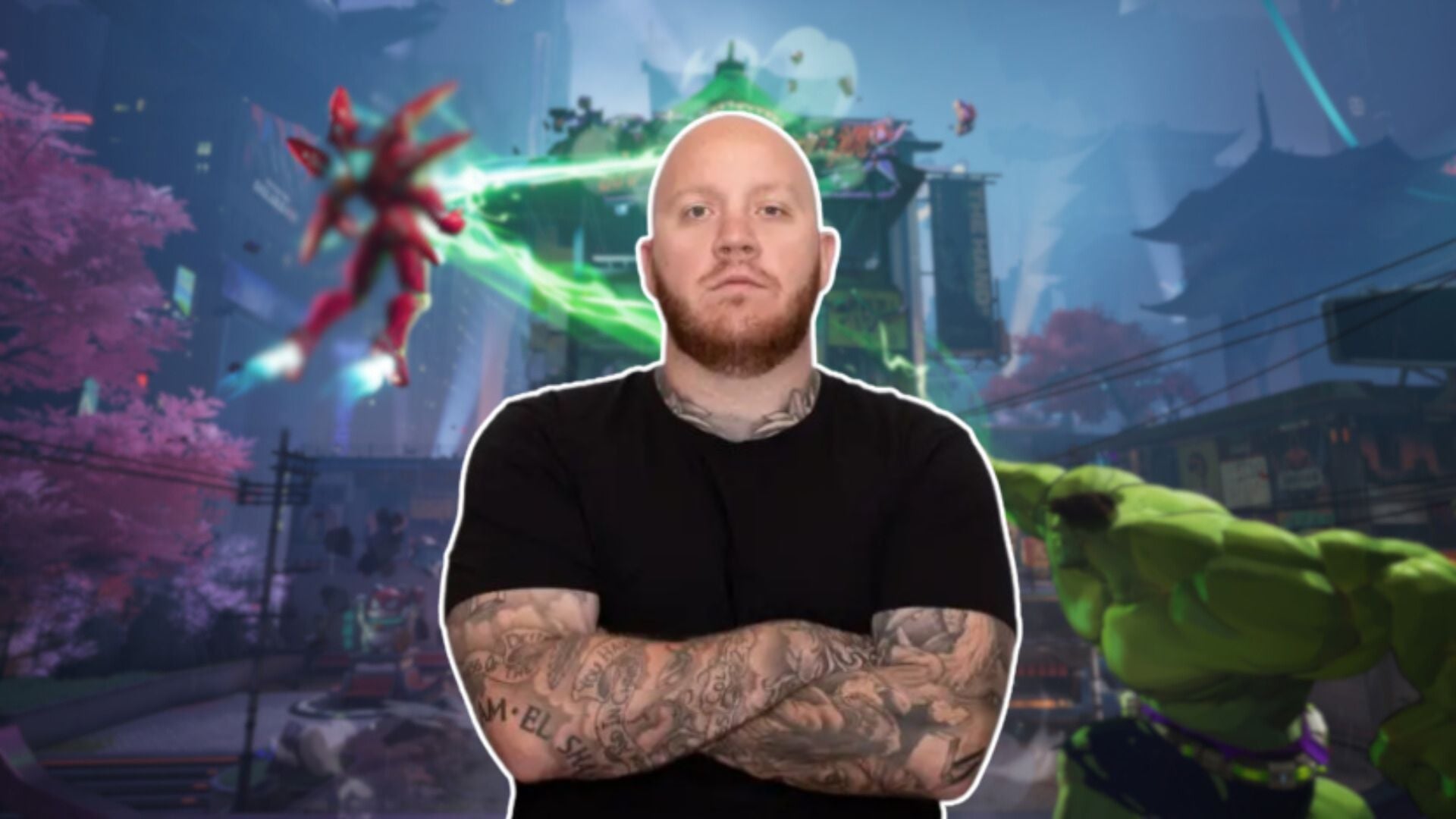
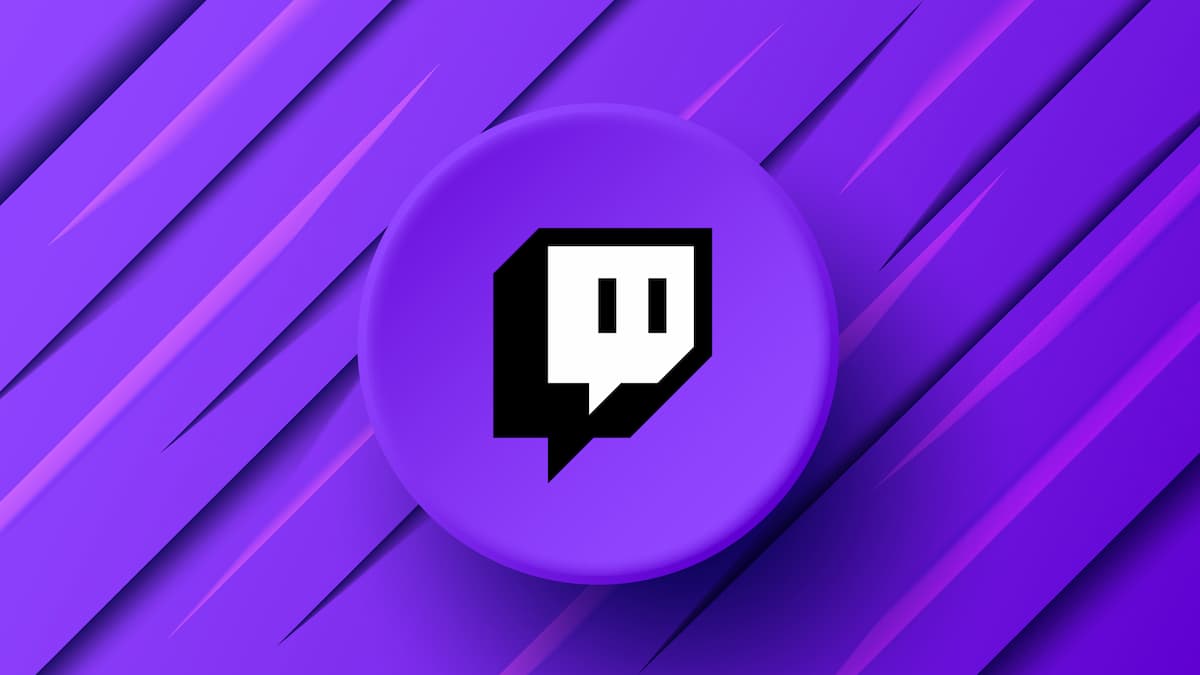
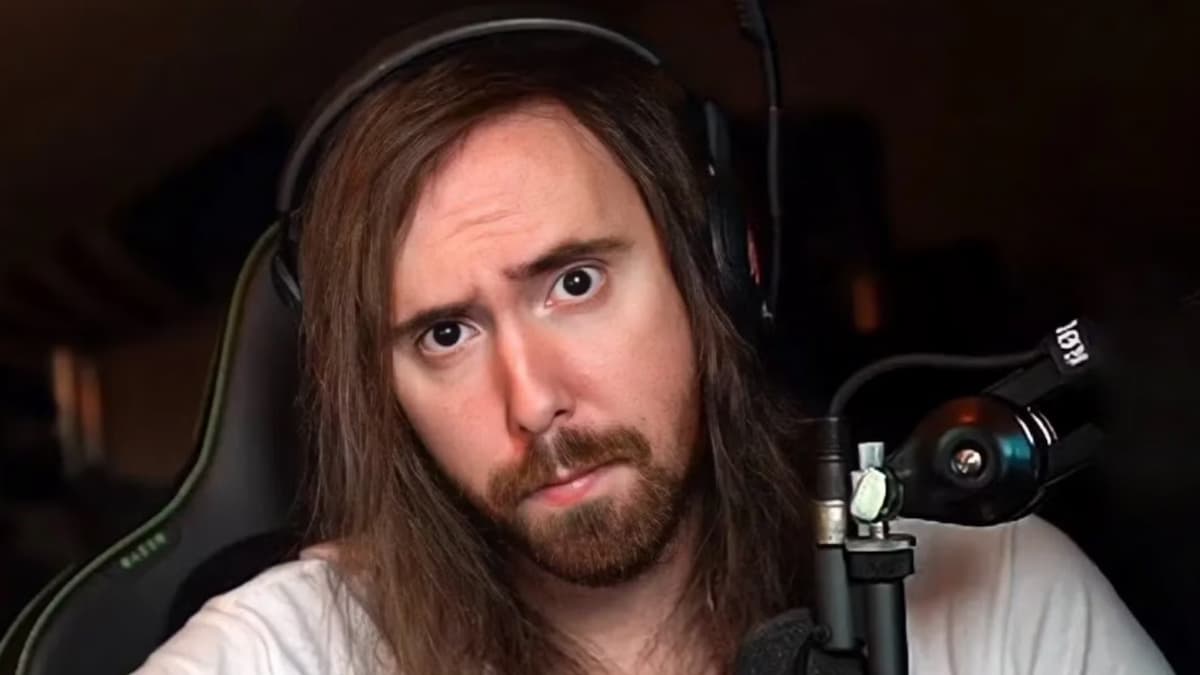

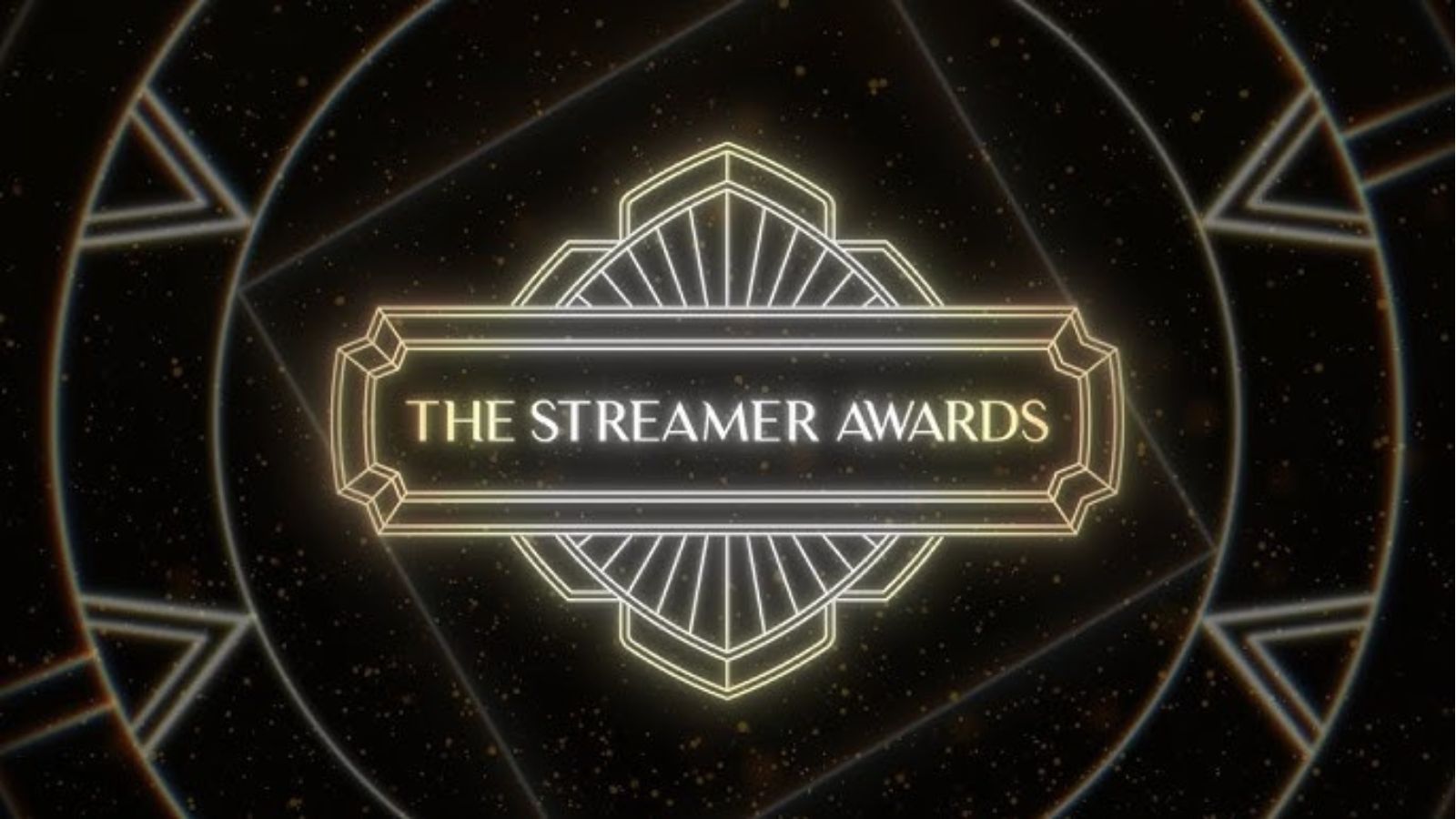

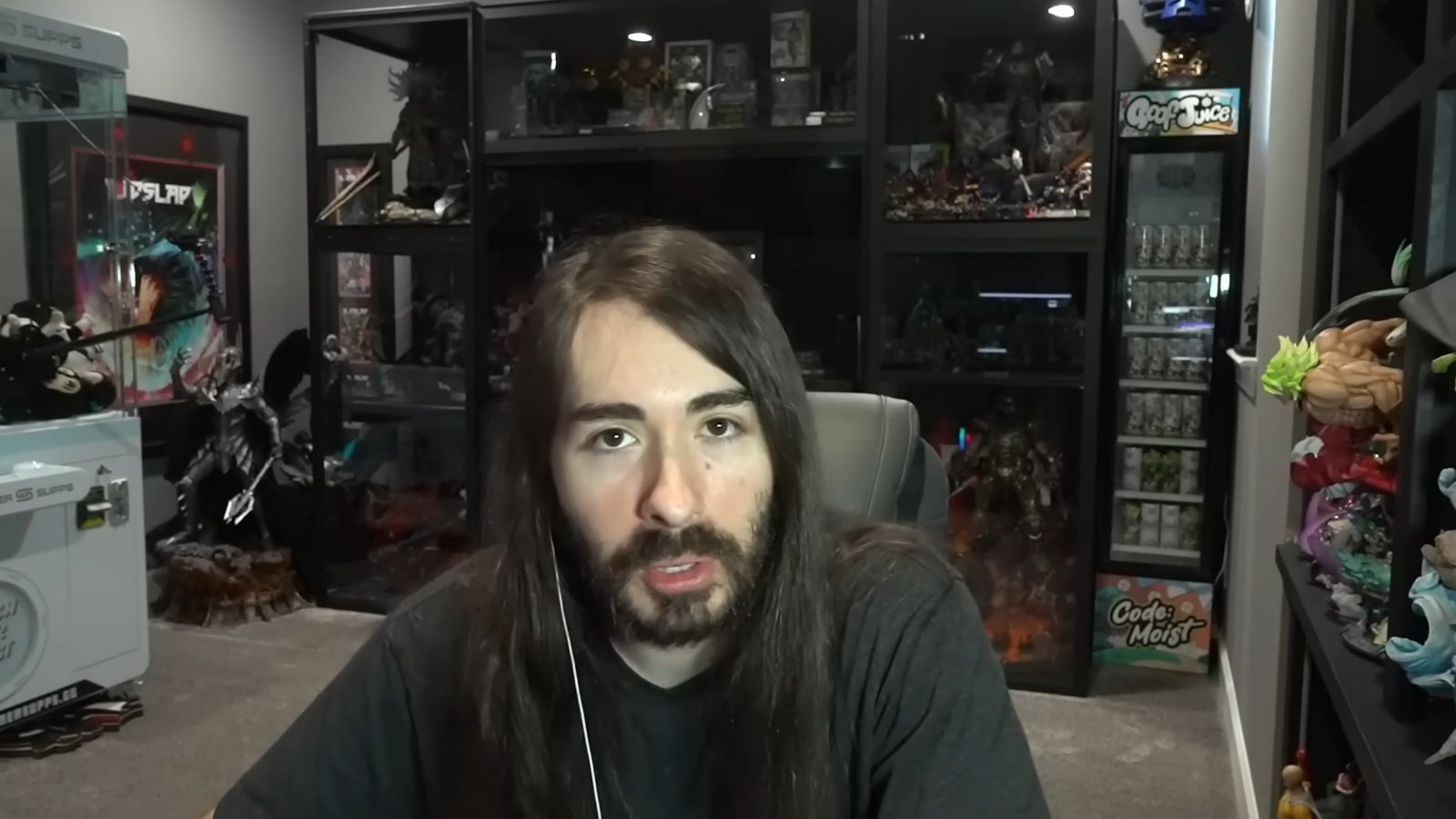
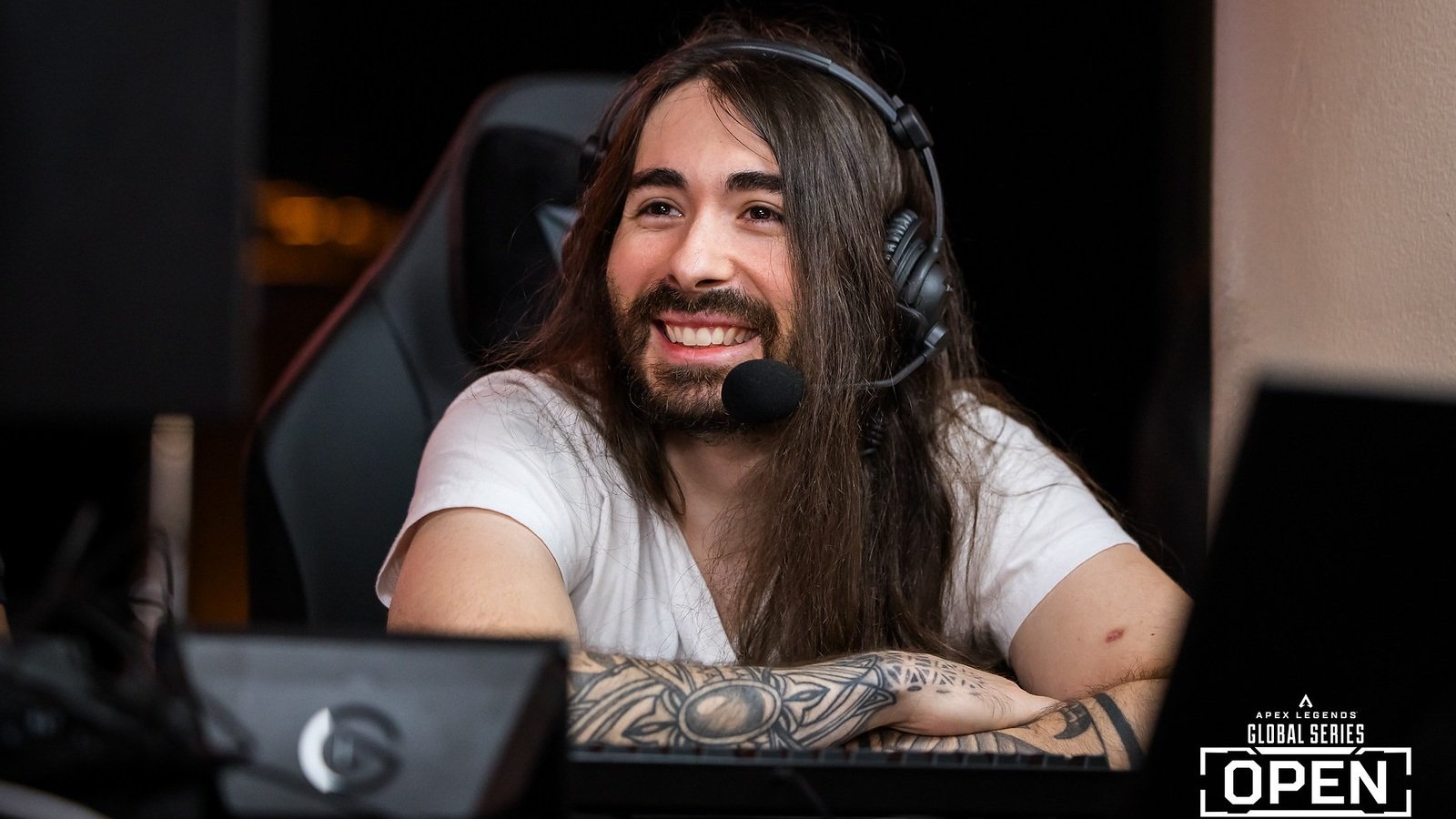

Published: Aug 13, 2019 09:18 am